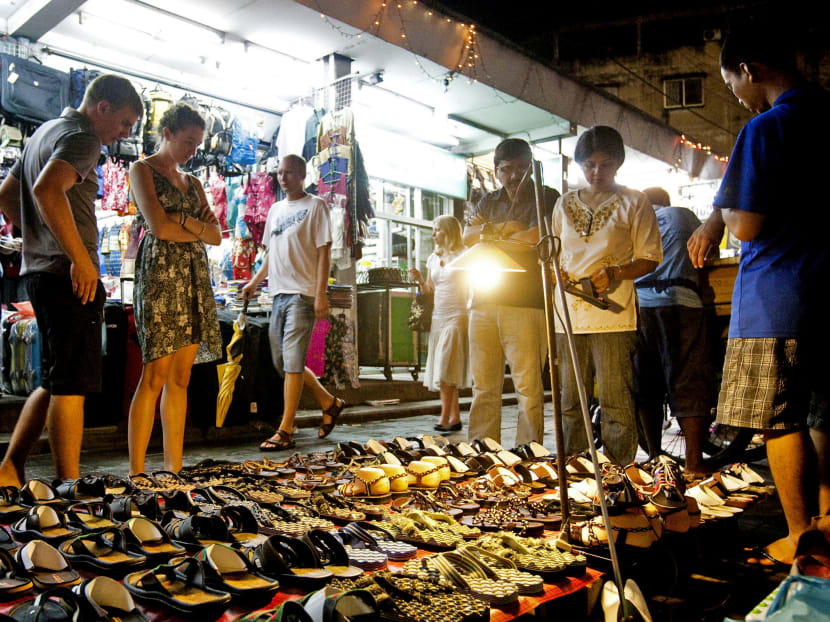Thailand drops SIM card plan to track tourists
BANGKOK — Plans for special SIM cards for tourists have finally been scrapped by Thailand’s national telecom regulator after facing strong opposition from the government, which says the idea would do more harm than good.
BANGKOK — Plans for special SIM cards for tourists have finally been scrapped by Thailand’s national telecom regulator after facing strong opposition from the government, which says the idea would do more harm than good.
The plan also drew heavy criticism at the first public hearing from participants who said it could lead to a potential threat to travellers’ privacy.
The National Broadcasting and Telecommunications Commission (NBTC) initially approved in principle a requirement that foreign visitors to Thailand use special SIM cards in their phones that could be tracked by the authorities in the interest of national security.
The NBTC planned to force all mobile phone operators to embed location-based service software into their SIM cards to enable them to track the call history of the user in the event he or she became a criminal suspect.
Operators would be required to sell the special SIM cards to foreign travellers wanting to use local mobile services. The regulator had expected to roll out the special SIM cards early this year.
The initiative was originated at a regional-level meeting in Phuket in July last year, gathering telecom regulators from the 10 countries of the Association of South-east Asian Nations (Asean).
Among the 10, only Malaysia uses special traceable SIM cards for foreign travellers.
“We have stopped all related processes (including public hearings) for the tourist SIM card plan,” said NBTC secretary-general Takorn Tantasith.
The NBTC had planned to invite diplomatic officials from China, the United States, Britain, and a number of European countries — all of which provide high tourist traffic to Thailand — to take part in a public hearing on the tourist SIMs.
Mr Takorn said the government, especially the Tourism and Sports Ministry, was concerned that introducing the tourist SIM would cause severe damage to the local tourism industry, which is a critical component of Thailand’s economic growth as it comprises 17 per cent of the gross domestic product.
The ministry reported that 19.06 million foreign tourists visited Thailand in the first half of 2016, an increase of 12 per cent year-on-year.
An executive at a major mobile company, who asked not to be named, said the termination of the tourist SIM plan was for the good of the country.
Though the cost of requiring traceable SIM cards would create a small burden to mobile operators, the source said it might make foreign travellers unhappy or uncomfortable with the way local authorities handle personal information. BANGKOK POST







